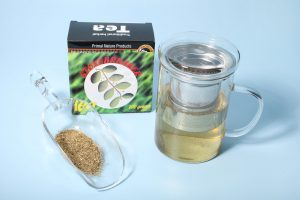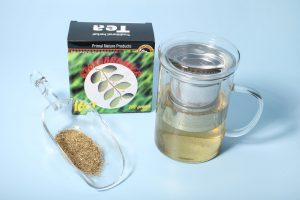
Exploring the World of Maca
Maca root is a traditional superfood that has been cultivated for over two millennia, primarily in the high-altitude plateaus of the Andes, where it thrives despite challenging soil and weather conditions. Maca, a member of the potato family (Solanaceae), comes in various colors, including yellow, purple, and red/black.
Used for both sustenance and traditional medicine by indigenous Peruvian communities long before Spanish colonization, maca was believed to have certain qualities. The name “maca” itself comes from “makaya,” meaning “root” in Quechua, one of Peru’s indigenous languages spoken by millions today.
Maca Root’s Role
Maca root has a diverse nutritional composition, comprising around 60% carbohydrates, 10% protein, 8.5% fiber, and approximately 2% fat. Additionally, it offers vitamins C, B1, and B2, along with minerals like calcium, iron, and zinc.
While maca has historical ties to hormone function and well-being, it’s essential to note that maca does not make specific health claims. Its unique properties have intrigued many, as it’s believed to naturally support the body without causing side effects commonly associated with synthetic hormone treatments.
Maca’s Influence on Libido and Fertility
Maca root has a historical reputation for its potential influence on fertility, libido, and sexual performance. It has been used traditionally as an energy enhancer and an aphrodisiac that may increase stamina and libido for both men and women. While some believe this may be attributed to its possible impact on testosterone levels and stress reduction, maca’s effects on these aspects are not definitive.
Maca’s Role in Boosting Energy
Maca’s reputation as an energy and stamina booster has historical roots in South America, where athletes have turned to it before sporting events. They have reported increased endurance and strength, which can potentially lead to improved athletic performance.
It’s important to note that maca’s effects on energy can vary from person to person, and it may take time for your body to adapt fully to its potential benefits.
Maca & Hormones
Maca has been explored for its potential to alleviate certain menopausal symptoms, such as hot flashes, mood swings, and fatigue. It has also been associated with increased energy and stamina during menopause in women.
Potential Benefits for Women:
Potential Benefits for Men:
Risks and Considerations
Maca is generally considered safe, and you can discontinue its use at any time. While there have been no significant adverse side effects reported, individual responses can vary. If you experience any unusual symptoms while using maca, it’s advisable to consult with a healthcare professional.
Some individuals have reported sleeplessness when taking maca late at night.
In Conclusion
Maca root is a versatile superfood that has gained recognition for its potential benefits, although it’s essential to approach its consumption without making specific health claims. It provides a natural, safe, and enjoyable way to support well-being, balance hormones, and explore its unique properties without reliance on synthetic chemicals that may carry unwanted side effects.
Since 1992, Primal Nature has been providing Australia with the highest quality, ethically and sustainably sourced products from the Amazon regions of South America.
At Primal Nature, we pride ourselves in supplying premium quality herbs, supplements and skincare for your personal health and wellbeing.
Our philosophy is based on a long-term holistic approach to health and wellbeing. Utilising substances found in nature, our products provide a natural solution to support your general wellbeing.
















All natural products from the Amazon of South America for purification, detoxification and well-being.